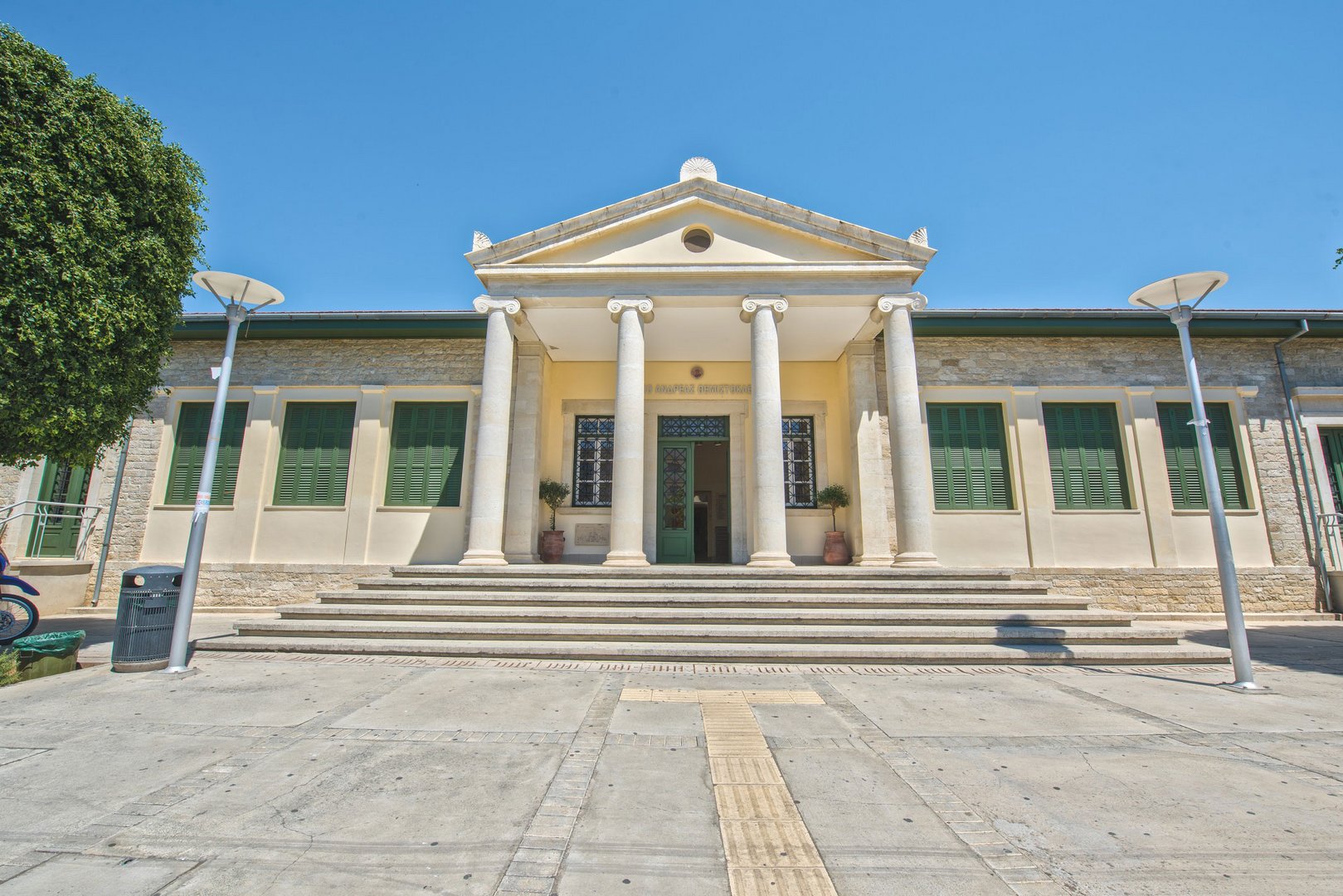It appears the political parties have taken on the responsibility of deciding how the foreign-language courses at the two public universities would be introduced. The only snag is that there are major disagreements over the number of courses, number of students per course, tuition fees and admission requirements, among other things.
In the end, it will not be the universities that will decide these matters, nor the education ministry which put together the relevant bill, but the deputies on the House education committee who have their own agendas. They can chop and change the bill because it relates to the operation of public universities – University of Cyprus and the Cyprus University of Technology (Tepak) – which are funded exclusively by the taxpayer.
For example, Akel does not want tuition fees to be charged for these courses as this could eventually lead to fees being charged for Greek language courses, while the education ministry has placed a limit on the number of foreign language undergraduate courses – 20 per cent of the Greek language courses – and set a minimum of 15 students per course. The latter does not make sense. It would be bizarre for the university to advertise a course, accept students and then tell them it would not be available because only 13 applied.
And how sensible would it be for Akel to scrap tuition fees from the law proposal, when the whole project was based on fees being charged? Cypriots from private schools would not be allowed to apply for the foreign language courses, without sitting the Pancyprian exams was another proposal by parties. Another proposal was that for every foreign-language course available, the same Greek-language course should be offered.
These are all the diverse ideas of deputies, who plan to go through the bill, article by article and change it beyond recognition. It is not a great advertisement for the independence and autonomy of the public universities which also had to accept the diktats of the education ministry mandarins, intent on keeping teaching unions and the nationalist parties happy. The whole issue seems destined to become a big mess and there is every possibility that the bill would not be approved before the summer recess of the legislature.
Perhaps the way forward would be for the University of Cyprus to set up a subsidiary college or school to offer its foreign language courses. Such an entity, given that it would charge tuition fees, could eventually become autonomous and self-sufficient while still using the resources of the university for a fee, as well as its name. This might also limit the continual interference of the politicians and education ministry officials, all of whom appear to have become experts on academic matters.







Click here to change your cookie preferences